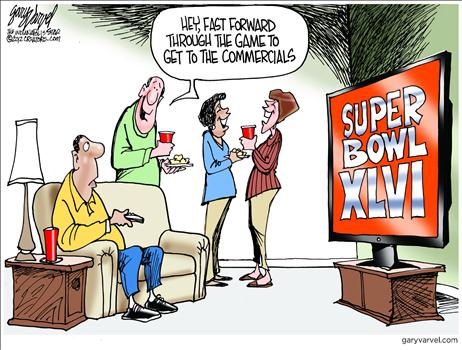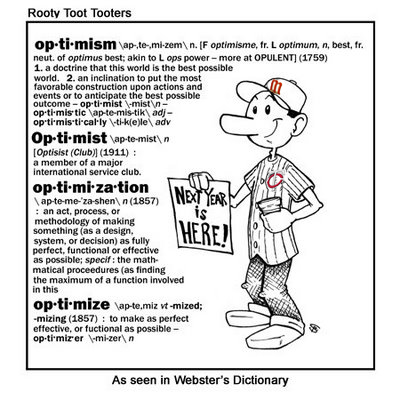Baseball is on the horizon!!
Mitch Garver’s Big League Spring
Almost exactly 11 months ago, Mitch Garver arrived in Cedar Rapids to get started on his first full season of professional baseball in the Minnesota Twins organization. This spring, he’s a big league catcher – for now, anyway.
Garver, the Twins’ ninth round draft choice in 2013 out of New Mexico, spent all of last season with the Cedar Rapids Kernels, not only playing a leadership role behind the plate but at the plate, as well. He hit .298, led Cedar Rapids with 79 RBI and was voted the Midwest League’s post-season all-star catcher.
Garver reported to the Twins’ spring training facility in Fort Myers, Florida, with the other Twins major league pitchers and catchers in February and he’s been putting on a big league uniform every day since.
Major League teams invite a limited number of their minor league catchers to big league camp every spring in order to have enough catchers to handle catching duties for all of the pitchers that need to work out their kinks during the first four weeks or so of spring training and Garver got one of those coveted invitations to big league camp this year. (Tyler Grimes, who caught for the 2013 Kernels, also is getting a taste of big league life with the Twins this spring.)
On Friday, Garver talked about his experience this spring in the Minnesota Twins’ major league camp.
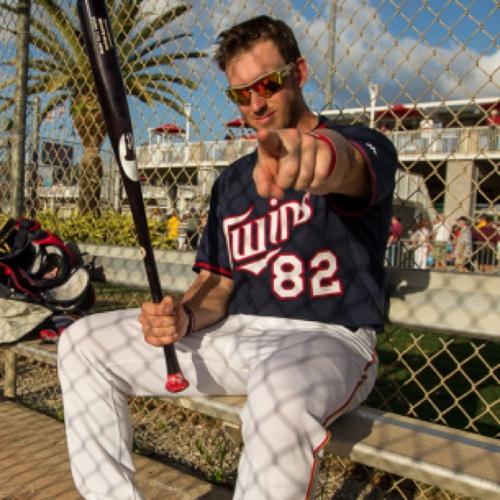
After Garver and the Kernels wrapped up their 2014 season back in September, he spent a little time in Minnesota and Florida getting checked out physically, including a CT scan due to late season concussion issues.
“No issues there, everything came back clean,” Garver assured. “It was just an experience for me to make sure everything was OK. I got to see Target Field and everything around there. They wanted to make sure I was healthy enough to go back to Albuquerque to work out, so I was in (fall instructional league in Fort Myers) for a month to kind of iron some things out.”
Garver split the next couple of months between time with his fiancé in Corvallis, Oregon, and with his family in New Mexico.
It was while in New Mexico that he woke up one morning, about a week before Christmas, to find he had a missed call on his phone.
“It was at like eight or nine in the morning and I didn’t know what the number was,” Garver recalled. “So I called it back.”
It was a good decision. The call turned out to have been from Twins General Manager Terry Ryan.
“He asked me how my health was and made sure everything was good with my hips and with my brain and everything. I told him I was doing great, having a great offseason. Then he invited me to spring training.” That’s major league spring training, with the big league Twins.
“It was really exciting. Very cool,” added Garver.
Garver has been in camp since February 20 and, as you might expect, walking in to a big league clubhouse as a player for the first time was special.
“It’s very different because you walk in and you find your locker and you turn around and there’s five clubhouse guys behind you. Five clubbies, asking you if there’s anything you need, anything they can do for you at that moment in time. You’re just being bombarded with love, it seems like. It’s a cool experience. It’s just fun to be here.”
He’s not just there for the cool experience, of course. Garver is there to work. He’s rooming with fellow Twins catching prospect Stuart Turner at the new baseball academy that the Twins have built on-site at their complex in Fort Myers.and, according to Garver, their days get off to a pretty early start.
“I wake up at 6:30, we leave the academy about 6:40 and get over to the field. I like to get there a little bit early. They have breakfast for us over there in the new, renovated locker room and kitchen. And the weight room is right there as well. Sometimes you work out in the morning, sometimes you go hit in the morning or you do both.
“And then team meetings around 9:00. After that, we head out to different fields and do PFPs (pitchers’ fielding practice), bullpens, live batting practice, baserunning, bunt defense. There’s a defensive station every day. So either we’re catching bullpens or we’re doing something catching-related. For that particular day, it could be blocking or the next day it could be catching pop flies or anything like that. But most of the time, it’s bullpens and we get all of our work in during the bullpens.
“When it’s all said and done, it’s probably around 1:00 or 2:00 in the afternoon and you go have lunch and then you call it a day.”
The time Garver and other young players get on the field with major league players and coaching staff is valuable, of course, but it’s not the only aspect his first big league spring training that Garver is taking advantage of.
“It’s nice to get to know these guys (the major leaguers). You kind of want to get associated with them and learn what kind of people they are off the field, because you already know what they can do on the field. It’s fun to talk with them and converse about different things, finding out where people are from and all of these different stories they have, baseball related or not.
“Torii Hunter has some really different stories about everything. It’s fun to listen to him talk. It’s just a good experience overall.”
The experience also has made Garver even more aware of just how close he could be to realizing his dreams of being a major league ballplayer.
“It’s surreal. You’re playing with superstars and if you put it in perspective, you’re not that far off,” Garver observed. “Just a hop, skip and a jump away from being in the big leagues, whatever level you’re at.”
Garver got his first taste of big league game experience on Thursday night, as a pinch hitter, in the Twins first spring training game. It was memorable on multiple levels for Garver.
“I was sitting in the dugout (Thursday) night and we were playing the Boston Red Sox. People that I’ve only ever seen on TV, or only ever imagined playing against are in the other dugout,” he recounted.
“And in the other dugout is one of my best friends from Albuquerque, Blake Swihart. He’s one of the best catching prospects in the game and it’s just surreal seeing him over there. Then he’s catching when I’m batting and I’m facing a big leaguer (Boston reliever Matt Barnes). It’s kind of weird to think about it, but it’s right there in front of me. I’ve just gotta go get it.”
As exciting as the experience has been and continues to be, Garver is realistic and knows his time in the major league clubhouse is going to come to an end (for this season, anyway) shortly.
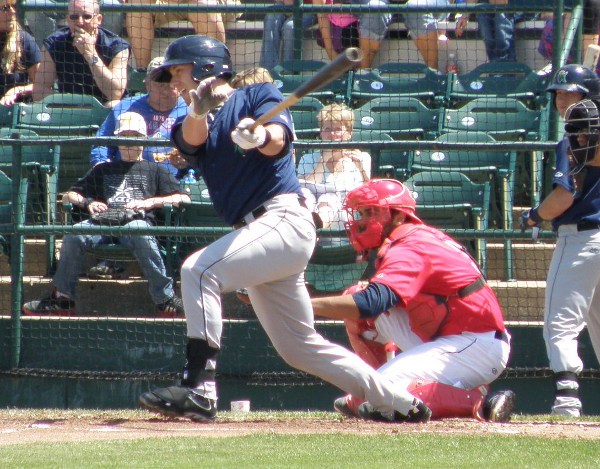
Minor leaguers begin reporting to spring training in a few days and eventually Garver will be joining them at the minor league complex across the parking lot from the Twins’ big league facility.
Garver is OK with that.
“Yeah, it’s coming. I know it is. Everybody knows it is. I think the 15th will be our last day and the 16th is the day we’re sent back.
“But you know what, that’s fine with me,” said Garver, in a tone of voice that certainly sounded genuine.
“I’ve come, I’ve seen, I’ve learned a lot of things thus far. And I think being sent down to the minor leagues is going to be a good thing because I’ll get to play every day. I can prepare myself for the season, as opposed to helping major leaguers prepare for their season, because I’m just kind of helping out right now.”
Asked whether he’d like to add a couple of points to his batting average in 2015, to get it up to the magic .300 mark, Garver laughed and said that was, indeed, one his goals. But then that’s not new.
“I want to hit .300, I want to make the All-Star team and I want to have the most RBIs on the team. There you go. Those are my goals. The same as last year and the year before.”
Sunday Morning Comic Relief
The Offseason Sucks Less Today
If you spend much time reading through the Forum section of sites like TwinsDaily.com, TwinkieTown.com, or any comment section of just about any Twins-related story published anywhere, it doesn’t take long to realize that Twins fans, by and large, don’t necessarily agree with one another on many issues.
We didn’t agree on whom the new Twins manager should be; we don’t agree on our expectations for how the Torii Hunter and Ervin Santana signings will work out; and, just generally, we don’t really agree on whether the Twins will win many more games in 2015 than they have the past four years.
There will never be unanimity on many topics, but I think there’s one thing almost all of us tend to agree on.
The offseason sucks.
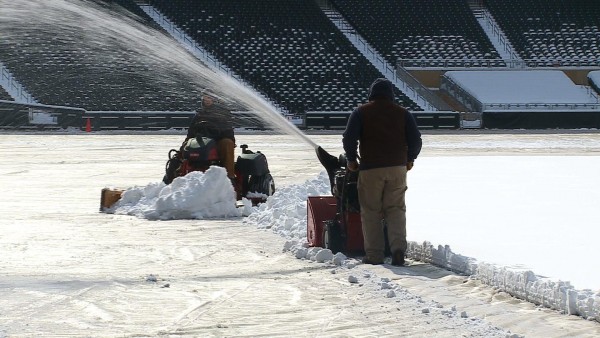 The baseball offseason in the upper Midwest is different than in some other parts of the country. We can’t exactly spend our offseason on the golf course, like baseball fans in Florida and Arizona can. Rather, we tend to spend our baseball offseason in two ways: getting ready for winter and enduring winter.
The baseball offseason in the upper Midwest is different than in some other parts of the country. We can’t exactly spend our offseason on the golf course, like baseball fans in Florida and Arizona can. Rather, we tend to spend our baseball offseason in two ways: getting ready for winter and enduring winter.
It hasn’t exactly been a brutal winter this year, but I did spend a fair amount of my pre-SuperBowl day on Sunday with a shovel in my hand. I know it’s not at all logical, but in situations like that, I tend to blame my misery on baseball’s offseason.
For all the talk about how elimination of double headers and the expansion of the playoff structure has caused the MLB season to be extended well beyond what it has historically been, the one benefit of that elongation of the season is that it has caused the offseason to shrink. We actually only have to endure less than four full months of offseason.
November is when we most vocally demand changes to fix whatever went wrong in just-finished season. Trade all the players, bring in a new manager, get rid of some coaches, throw out the front office, etc.
In December, we’re well in to free agent season, highlighted by baseball’s winter meetings. Even if we realize our expectations should be tempered, with regard to the Twins pursuit of the best free agent talent available, it doesn’t stop us from engaging in debate on the pros and cons of doing so.
January is the dead zone. Most of the most prominent free agents are locked up (at least those that the Twins are likely to be in play for), spring training is still just a pinprick of light at the end of the offseason tunnel and it is friggin cold outside. The Twins try to generate a little heat for us with Winter Caravan and Twinsfest, but since I seem to end up driving in a blizzard any year I attempt to venture to the Twin Cities for Twinsfest, any heat that’s generated tends to dissipate quickly for me.
And then there’s February.
Sunday, even as I was shoveling a foot of snow out of a driveway that, technically, isn’t even mine, I confess that I found some comfort in the realization that we have reached the point where we can say, “spring training starts THIS MONTH!”
It may be a few degrees below zero outside, but I do feel warmer already.
– JC
Sunday Morning Comic Relief
Manfred Should End Outdated Selig Policies on Minor League Pay & Blackouts
In case you missed it, there’s a new Commissioner of Major League Baseball.
I know that, for many fans, that may come as a shock. There are fans that legally enjoy a brew or two at ballgames who have never attended a big league game that wasn’t played under rules dictated by Bud Selig. If it’s true that, “the exception proves the rule,” then that applies to Bud Selig’s role in “proving” the Peter Principle. There’s no other way to explain that man surviving 22 years as Commissioner of Baseball.
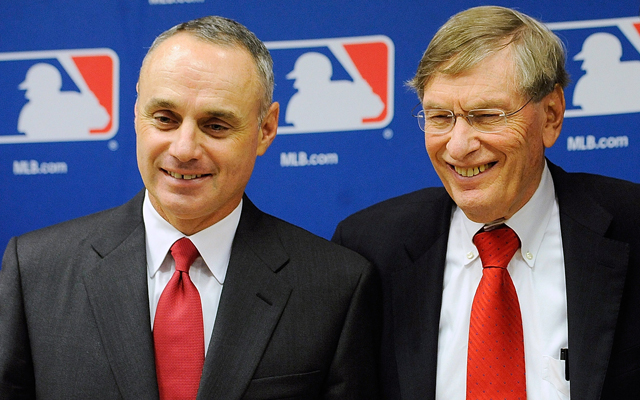
But today is not the day to trash Selig. Today we humbly beseech his replacement, Rob Manfred, to finally do something about a couple of the most outdated and ill-advised Selig policies. These are two issues that I have long felt were the dumbest, most indefensible of all MLB policies and yes, I’ve written here about both before – several times, in fact.
I’m referring to baseball’s policies concerning compensation for minor league players and their MLB.tv blackout policy.
These two issues are illogical, at best, and offensive, at worst, in the way that they reflect MLB’s low views of the value they place on two of the assets most critical to the game’s long-term viability – their future players and their current & future fan base.
FOX Sports writer Jon Paul Morosi posted an article recently that listed a number of issues that Morosi felt Manfred should focus on as he inherits Selig’s throne atop Major League Baseball. I may disagree with Morosi’s view concerning Selig’s legacy, but his list of topics where Manfred could make improvements included a number of valid possibilities.
Unfortunately, it did not include any mention of paying minor leaguers even minimum wage, much less a living wage, nor did Morosi mention the blackouts. I’m not surprised, of course. The next baseball writer from a major media outlet to properly and persistently shame baseball on either topic will be among the first.
I won’t go in to great detail concerning either topic. There are plenty of articles available with a simple Google search authored by far more knowledgeable and talented writers than yours truly.
But if you really want to read my take on the issues, you can find my thoughts on minor league pay by clicking here and on blackouts by clicking here (where I asked the Twins President why he didn’t want me to be a fan) … and here (where I attempted to start an “Alice’s Restaurant”-like movement)… and here (where I basically just trashed Selig for his inaction on the subject).
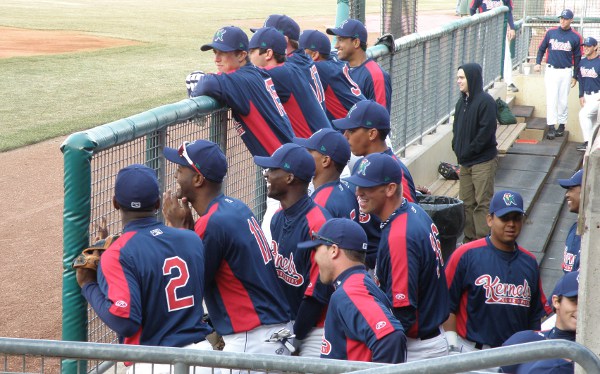
On the pay issue, suffice to say that, unless you are a US player drafted in the top couple of rounds or one of the very highest regarded international 16 year olds playing ball anywhere in the world, signing your name on a contract to play professional baseball in this country is a losing proposition. You’d almost certainly have a better shot at making a living off your competitive fire by taking up Texas Hold’em.
Wages for minor leaguers start in the neighborhood of $1,100 a month. That’s gross (in more ways than one). Uncle Sam is going to take his share and then there’s clubhouse dues, all of which leaves a typical player with a few hundred dollars a month to cover luxuries like housing, transportation and food.
Of course, the players only get their money while they are assigned to an actual minor league roster. No pay for offseason workouts or team-sponsored appearances. No pay for spring training.
You think there’s really little difference for a player who gets the final roster spot on a full season Class A roster coming out of spring training and the first guy left off who stays behind at extended spring training? Guess again. One guy gets paid a pitiful sum. The other guy doesn’t even get that.
In his article, Morosi did include this item on his recommended to-do list for Manfred: “Engaging young athletes, especially African-Americans.”
Here’s a thought, Mr. Manfred. Maybe if you actually paid young players working their way toward the big leagues a living wage, athletically gifted kids (of any ethnicity) wouldn’t laugh at you any time you suggest they put their talents to work at baseball instead of other sports, where at least they have a shot at becoming more famous indentured servants of major colleges.
The good news is that a lawsuit against baseball has been filed on behalf of minor leaguers, asking the courts to require teams to pay at least minimum wage salaries to players.
What is MLB’s reaction to that challenge, under Selig and, so far, Manfred? They’re trying to convince Congress to specifically categorize ballplayers as “seasonal workers,” akin to carnival workers. And they’re enlisting the help of their minor league affiliates to help lobby their elected representatives on baseball’s behalf, via not-so-thinly veiled threats of “contraction” of minor league teams if baseball is forced to increase pay to their future players.
Those are nice guys running big league baseball, huh?
Likewise, the issue of blackouts has been out there for years. Promises from MLB executives (including Mr. Selig, himself) to take a look at the issue go back at least to 2008 and probably further. But here we are, in 2015, and still cable TV subscribers in Iowa are blacked out from watching any game involving the Twins, Cubs, White Sox, Brewers, Cardinals or Royals, unless it’s a national network game. The blackout even applies to subscribers of MLB.tv.
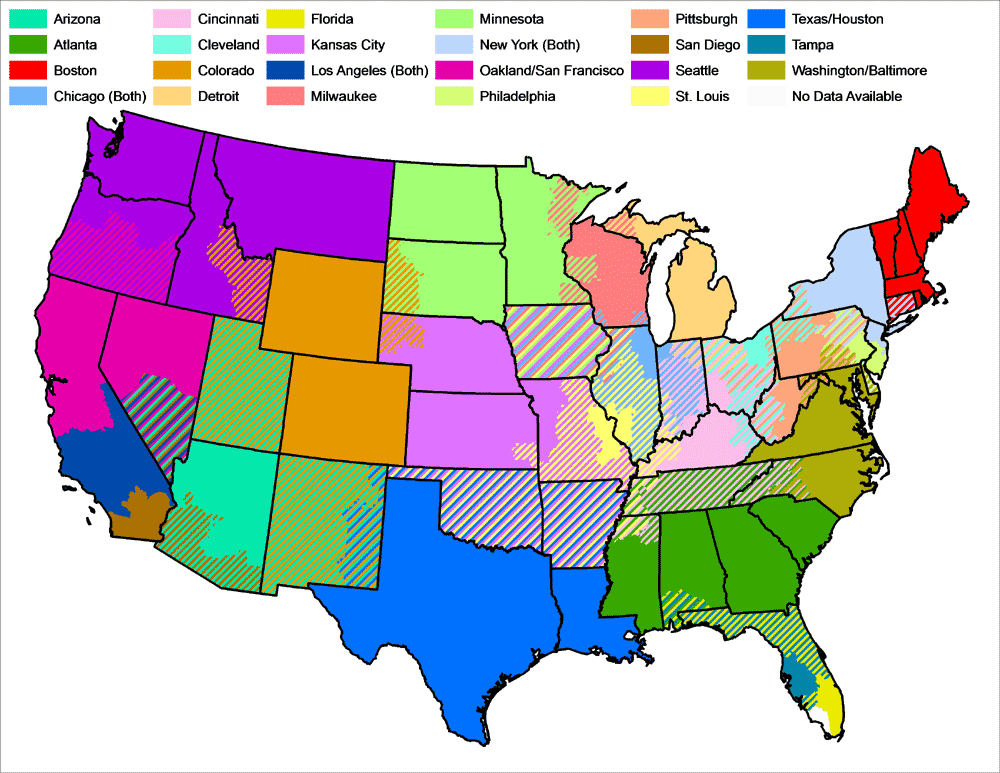
This has been frustrating to me and my fellow Twins fans in Iowa for years, but nobody in baseball or the media has really cared.
Now, however, thanks to WGN no longer broadcasting Cubs games on the national version of their network, a lot of Cubs fans outside of greater Chicago may suddenly discover the problem. Welcome to the club, folks. Maybe you can get the national media to notice the problem.
As with the minor league pay issue, there’s some news on this front. Baseball has indicated they are looking in to the matter and there may be changes to the policy forthcoming.
Hmmmm… I think we’ve heard that before.
Anyway, Mr. Manfred, if you want to convince me you are any different than your predecessor whatsoever, you can start by proving you give a damn about your fans and about just being fair to the thousands of young players who are feeding your talent pipeline by clinging to their dream of playing big league baseball.
Until then, a lot of us will continue to view you as nothing more than “Bud Light.”
– JC
Twins Caravan Stops in Cedar Rapids
As has become the custom since the Minnesota Twins and Cedar Rapids Kernels became affiliates, the Twins’ Caravan made a stop in Cedar Rapids on Tuesday night, in conjunction with the Kernels’ annual Hot Stove Banquet.
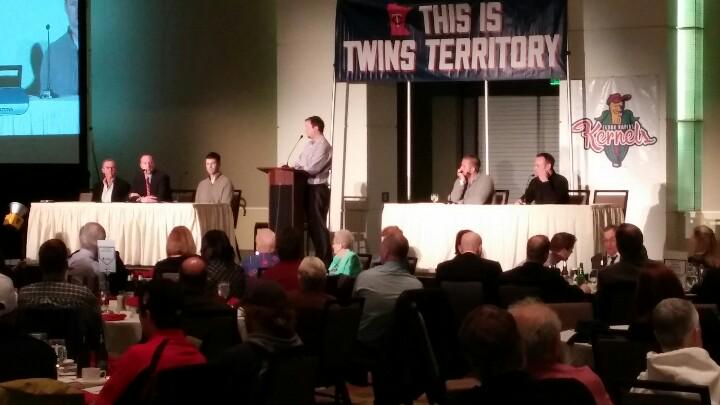
Combining the banquet, which includes induction ceremonies for the most recent class of Cedar Rapids Baseball Hall of Fame members, with the Caravan does make for a rather long evening, but that didn’t stop the event from being sold out. The banquet is a primary fundraiser for the Kernels’ charitable foundation.
The Caravan was emceed very well by Kris Atteberry and included manager Paul Molitor, coach Gene Glynn, farm director Brad Steil, Twins closer Glen Perkins and returning Kernels manager Jake Mauer.
The CR Baseball Hall of Fame inductees included former CR minor leaguers Nick Adenhart and Chili Davis, as well as Lanny Peterson, who has been the driving force behind the Kernels’ top-notch host family program, and broadcaster Bert Wilson, who worked in Cedar Rapids before going on to broadcast Cubs games in the 1940s and 50s.
The Adenhart induction was particularly moving as his step-father was present to accept the award on behalf of the Adenhart family. The family continues to help fund an annual scholarship awarded by the Kernels Foundation each year in Nick’s name.
The Caravan portion of the program had, as would be expected, largely a positive tone from all involved. There were two particular highlights (for me anyway).
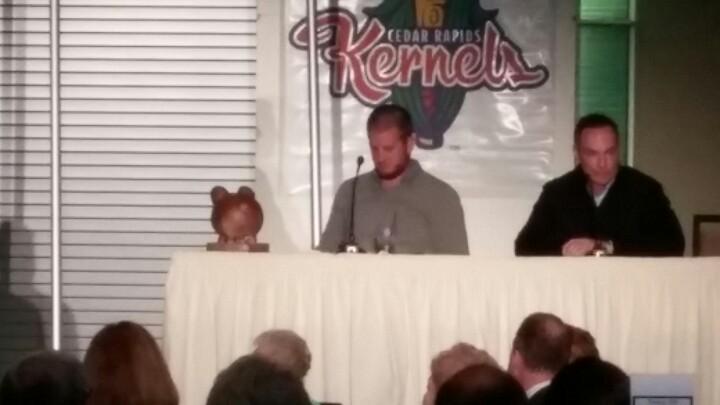
University of Minnesota alum Perkins produced a “replica” (using that term generously) Floyd of Rosedale trophy from under the table in front of him so that Hawkeye fans in the crowd could get a good look at the “trophy” currently possessed by the Gophers. The faux Floyd was given away at the end of the evening during the door prize giveaway session. It was actually won by someone who told Perkins he was a Badger fan. Perkins admitted they didn’t have an axe to give him and alluded to the fact that they haven’t seen Paul Bunyan’s Axe in Minnesota for a while.
A young fan asked Jake Mauer whether he gets himself thrown out of games by umpires at times to fire up his team. The question got a lot of smiles from the dias, including from Mauer himself, who handled the question very well, explaining that sometimes players and coaches get emotional and that sometimes you just disagree with one another.
The discussion turned to one particular ejection during the 2014 season, while Jake’s brother Joe was with the Kernels on a rehabilitation assignment. Jake related a couple of additional facts from that particular night’s ejection.
Apparently Joe wasn’t the only visitor from Minnesota in attendance for that game. A group of 10-year-olds that Jake works with, including, naturally, lessons on the need to treat umpires with respect, had also made the trip and were in attendance that evening. #awkward
Jake also told the crowd that, after he was ejected that night, brother Joe came up to Jake’s office between innings and said, “That was awesome!”
In all, it was a great evening and a welcome distraction from the cold winter – an opportunity to hear some preseason optimism from the Twins organization and talk baseball with fellow fans. The Kernels’ staff, as always, did a first-rate job putting on the event.
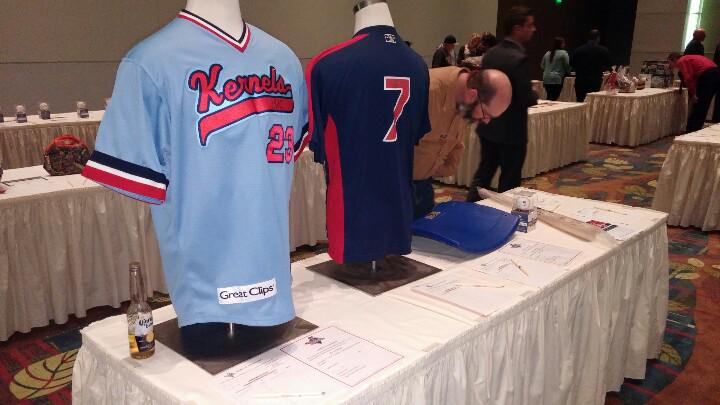
As a bonus, I didn’t even get the wallet damaged too badly in the silent auction. At one point near the end of the silent auction, I had top bid on a number of items totaling several hundred dollars. In the end I got outbid on everything but a Tony Oliva autographed baseball, so maybe I’ll be able to afford that spring training trip in March, after all!
– JC
P.S. You can click the following links to find stories from Jeff Johnson of the Gazette and Jim Ecker of MetroSportsReport.com focused on Perkins and Molitor, respectively.
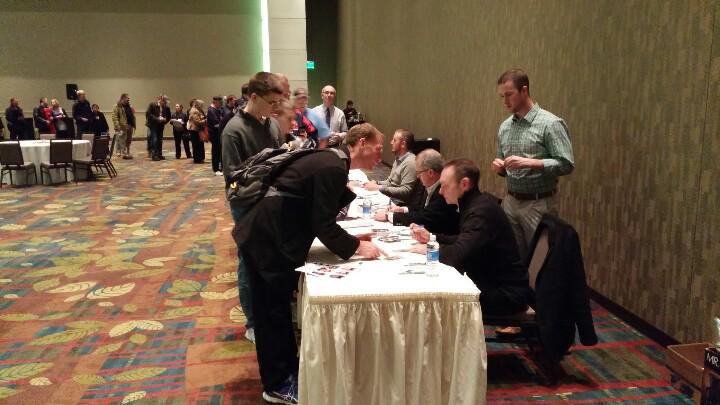
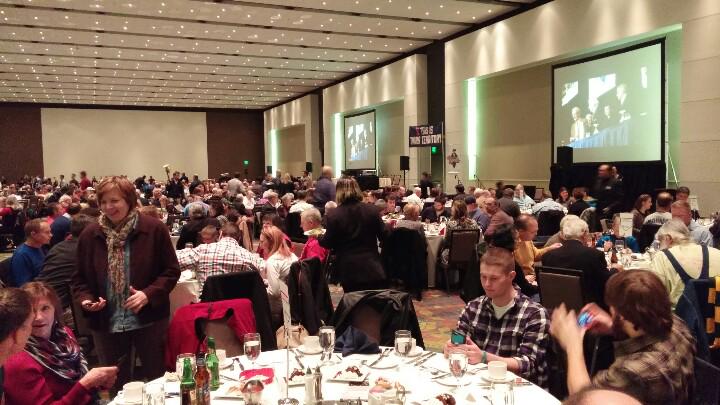
Sunday Morning Comic Relief
JC’s Top 15 Twins Prospects: 2014-15
Ho Ho Ho. Tis the season for being merry and jolly and all that stuff.
It’s also the season for publishing “top prospect” lists. Actually, it’s a bit late in the season for doing this, but I just haven’t felt like doing a lot of writing lately. So sue me.
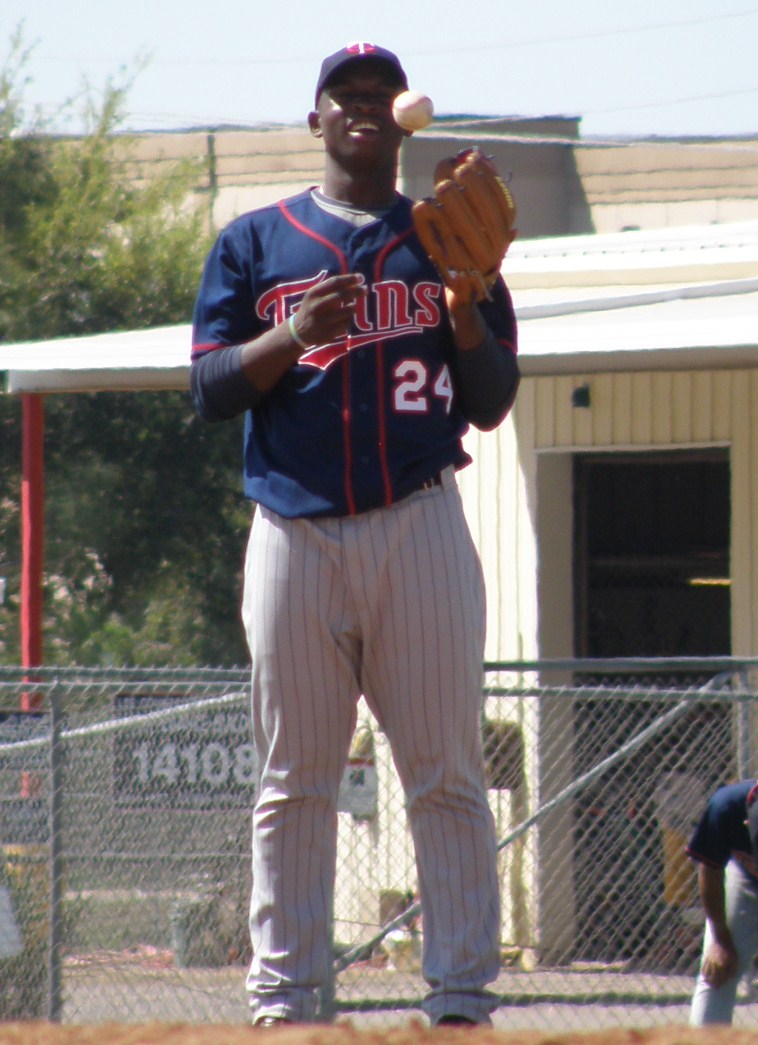
This is the fourth year that I’ve put out my own list. I’m not really sure WHY I do it. It’s not like we really need yet another such list and the other people who tout their lists know their stuff better than I do (in many cases, anyway). So let’s just say I do this for fun.
As I was preparing this list, I went back and looked at the lists I’ve put together previously. I did a Top 10 before the 2012 season and Top 15 lists before 2013 and 2014.
It’s interesting (to me anyway) that this is the third consecutive season that I’ve had the same three prospects ranked 1 through 3 in some order or another. They have swapped spots a bit between them, but Miguel Sano, Byron Buxton and Alex Meyer have been in my top 3 spots for three straight years.
It’s more than a little exciting to realize that all three have the potential to make their Major League debuts in 2015.
Without further ado, here’s the list:
- Miguel Sano – 3B – Why? I’m more optimistic that he won’t be a liability defensively than I have been previously, but more importantly, I believe his injury is highly unlikely to preclude him from reaching his ceiling.
- Byron Buxton – CF – Why? I have some (not a lot, but some) concern that his wrist injuries could become chronic wrist issues that certainly could affect his ceiling as an outfielder and as a hitter. It’s not a huge concern, for me, but it’s enough that I gave the top spot to Sano, who I have no such concerns about.
- Alex Meyer – SP – A lot of people are dropping Meyer and moving Berrios up ahead of him based on a year when Meyer didn’t break through as hoped and had some injury issues, while Berrios had a breakout year. I still think Meyer’s ceiling is a notch above Berrios’.
- Jose Berrios – SP – But, yeah, Berrios DID have a really good year. He’s a workout fiend and clearly is intent on getting the most out of his opportunity to pitch professionally, despite not being the prototypically tall athlete that is in vogue around the league.
- Eddie Rosario – OF – It was nearly a lost year for Rosario after his suspension and only getting half a season in during the summer, but he reclaimed his value with a strong Arizona Fall League. I’m probably a litte higher on him than most people.
- Jorge Polanco – MIF – Yes, his cup of coffee with the Twins was more a matter of convenience, since he was on the 40-man roster, than reflective of his current abilities, but he did have a very strong season.
- Trevor May – SP – His ceiling might be as a #3 starter, but he’ll seriously contend for a Twins rotation spot in spring training this season. That, in itself, warrants a spot in the top 10 prospects.
- Kohl Stewart – SP – Unlike May, Stewart is at least a couple of years away from even being considered for a spot with the Twins, but even though his strikeout rate in 2014 was lower than hoped for, he remains a top of the rotation prospect.
- Nick Gordon – SS – The 2014 first round pick had a very good short-season at Elizabethton. If he shows even more in a full season this year, he’ll move up this list quickly.
- Nick Burdi – RP – The 2014 2nd round pick has legitimate 100 mph potential and an unfair slider. Should pitch for the Twins at some point in 2015.
- Max Kepler – OF – We are seeing more flashes of promise on the potential that’s been talked about for years. He needs a breakout season in 2015.
- Stephen Gonsalves – SP – The lefty showed real talent against Midwest League hitters after joining Cedar Rapids and was very young for the level.
- Chih-Wei Hu – SP – I’m probably the only one you will find ranking Hu in the top 15, but he showed me more command – of more pitches – and more mound maturity – than any other starting pitcher in Cedar Rapids in 2014, and that’s saying something.
- Travis Harrison – OF – Harrison is dropping out of the top 15 on some lists, seemingly due to his lack of home runs in 2014. I understand that, but I felt Harrison’s biggest need going in to last year was to cut his strikeouts down and develop more as a hitter who can deliver to all fields with some authority. He did both. The home runs will come, he didn’t get “weaker.”
- Stuart Turner – C – I have to say, it is very difficult to pick a #15 for this list. I’m going with Turner primarily because he skipped low-A and went to the Miracle and, after a slow start at the plate, he hit better later and reports are he was as good as advertised as a receiver.
It is almost impossible for me to believe that I’ve created a Top 15 Twins Prospects list that does not include Lewis Thorpe, Jake Reed, Mitch Garver, Adam Brett Walker and Taylor Rogers.
I want to see Thorpe recover from his elbow issue without requiring surgery before I give him a spot in the top 15 which he otherwise deserves and I want to see Walker be successful against pitchers at least one level higher, given his issues with the strikeouts.
With Reed, Garver and Rogers, though, it was simply a case of running out of room. If they stay healthy, I expect every one of those guys to play Major League baseball (hopefully for the Twins). If you have an organization where those guys are not among your top 15 prospects, you’ve got a damn good pipeline going.
The Twins have a damn good pipeline going.
JC
Sunday Morning Comic Relief
I’m sorry to do this to you but.. yeah I really couldn’t resist as soon as I saw it!



